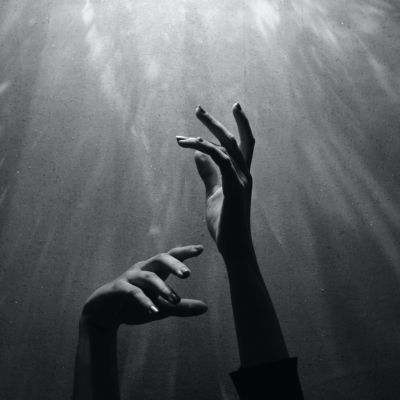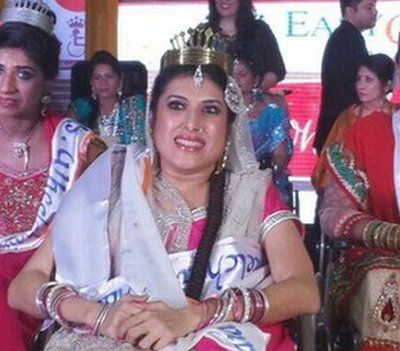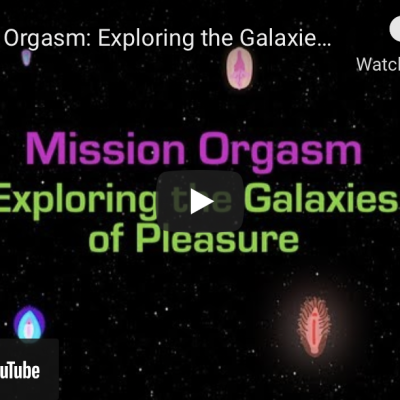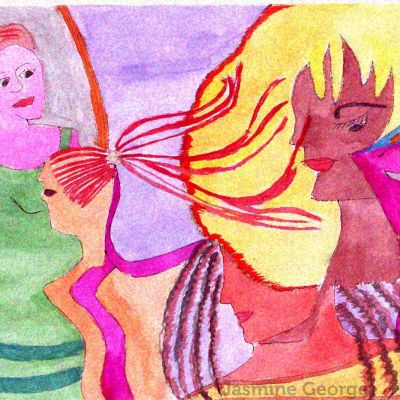Sexuality
My interaction with men started once I finished school and most men in my life have been decent to me, to say the least. However, there are different sides of maleness or manhood that I have come to experience.
Today I do not know whether I want to grow out my hair or keep it short; I am just trying to breathe and be in the moment. To enjoy the journey rather than worrying, and waiting for the destination!
Choices in the sexual area should remain personal while maintaining the dignity and the rights of all people who must be able to make fully informed choices in this area. It is the duty of the state to provide the education and information to its people in this area but not intrude into their personal choices.
As these correlations between gender development, physical violence and mass shootings come into sharper relief, the term “toxic masculinity” has become a staple of public discourse used to characterise men like Connor Betts, and even Sandeep Singh.
The Indian family is changing. There’s no ‘ideal family’ defined by children or lineage. It comes in different shapes and sizes.
Body + a million This article: written, read, edited, uploaded on to the internet, heard using assistive software, converted into…
Lawrence may have given Elena a world and a voice. But it was she who chose to delve into the unknown world of sexuality. It was she who chose to see the beauty and the richness of pleasure within communities of sex workers, soldiers, the elite, all alike. She alone chose to discern as well as reconcile love, as we commonly seem to know it, with a life in which she is capable of many loves.
“Something about this pose brought about a sense of owning my body, my persona, my expression, my sensuality, my whole being. The drop of the hip made the bottom vertebrae curve, and appear out of alignment from the rest of my spine. A deviance, defiance of the normal straight stance. A resistance, a revolt of sorts.”
There is a direct correlation between mobility and sexuality. Women’s mobility does get hampered because of both social as well as economic reasons, leading to this contradictory fall in female LFPR despite a growing economy.
… the heroine an amputee on a microprocessor controlled prosthetic leg with a hydraulic foot and ankle system raises her…
This Parodevi Pictures’ production from Agents of Ishq is a kaleidoscopic must-watch that takes us into the poorly understood ‘galaxy’ of female orgasm and sexual pleasure through a mobile-phone game – A Little Death – that helps people navigate this terrain unfamiliar to many in an exciting and accessible way.
Theme: Relationship With Self Through this work of art, I want to depict the relationship of our self with the mirror…
Dilli ki Galiyaan therefore offers us a broader canvas for our desires, than the one afforded by the clear cut binaries of our current debates. The text shows that there will be masculinities that we urgently need to discourage; while men who do not encourage us will continue to exist.
Dilli ki Galiyaan therefore offers us a broader canvas for our desires, than the one afforded by the clear cut binaries of our current debates. The text shows that there will be masculinities that we urgently need to discourage; while men who do not encourage us will continue to exist.














